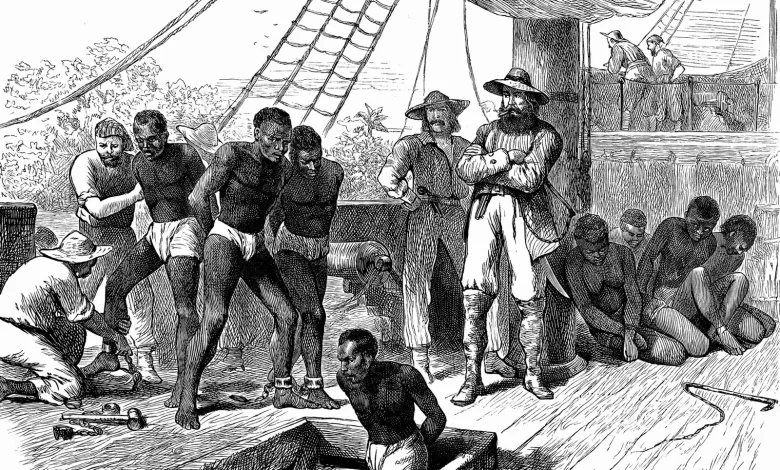Today In History: International Day for the Remembrance of the Slave Trade and its Abolition

- August 23 marks the start of a pivotal uprising on the island of Saint Domingue
- UNESCO Member States organize events to highlight the historical and ongoing impacts of slavery
- The day is observed worldwide
The International Day for the Remembrance of the Slave Trade and its Abolition is commemorated annually on August 23, a date chosen by UNESCO to honor the transatlantic slave trade’s abolition.
This day was officially established through resolution 29 C/40, adopted by UNESCO’s General Conference during its 29th session.
The Director-General’s Circular CL/3494, issued on July 29, 1998, urged cultural ministers to support the observance.
The significance of August 23 lies in the fact that on the night of August 22 to August 23, 1791, a crucial uprising began on the island of Saint Domingue (now Haiti), which played a pivotal role in the eventual abolition of the transatlantic slave trade.
Every year, UNESCO Member States organize events to mark this day, engaging young people, educators, artists, and intellectuals.
These events align with UNESCO’s “The Slave Route” project, focusing on the historical roots, methods, and consequences of slavery.
This day also provides a platform for discussion and analysis of the complex interactions that fueled the transatlantic slave trade between Africa, Europe, the Americas, and the Caribbean.
The observance of this day began in Haiti in 1998 and was followed by Senegal in 1999, featuring various cultural events and discussions.






